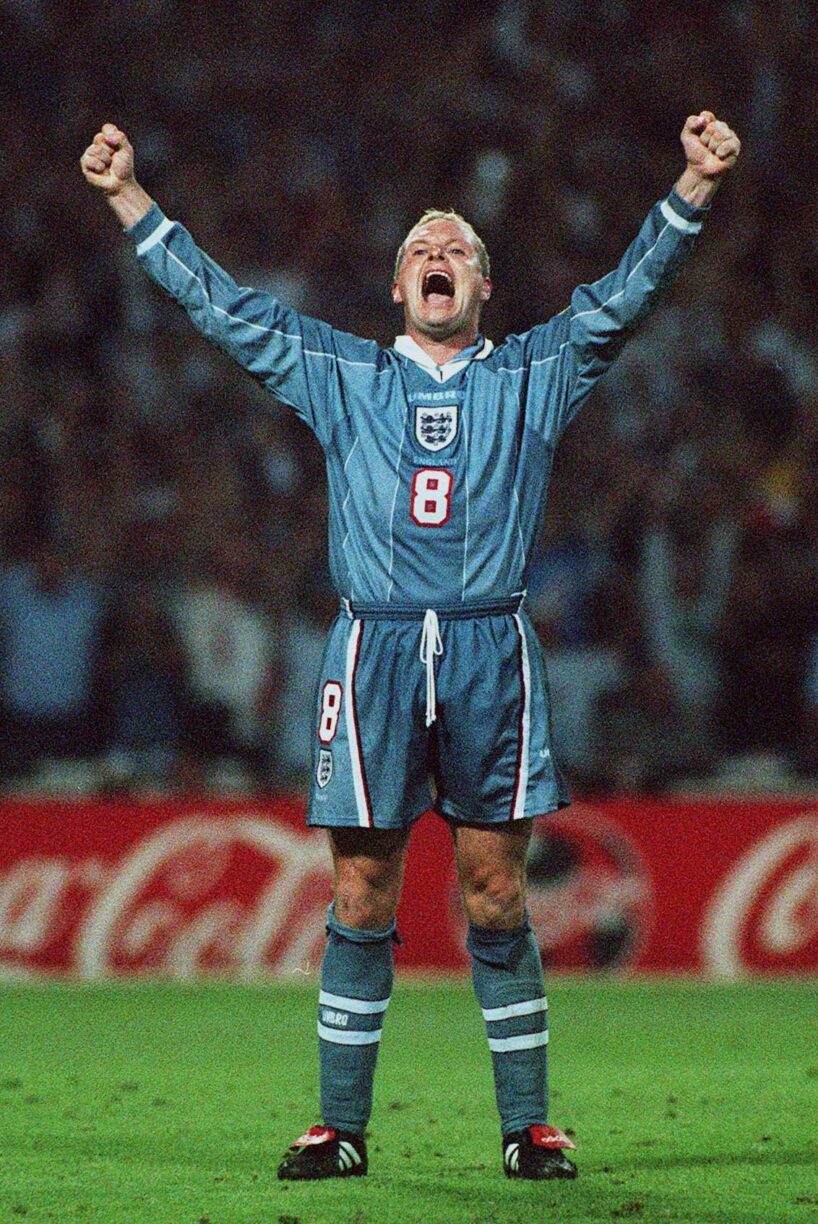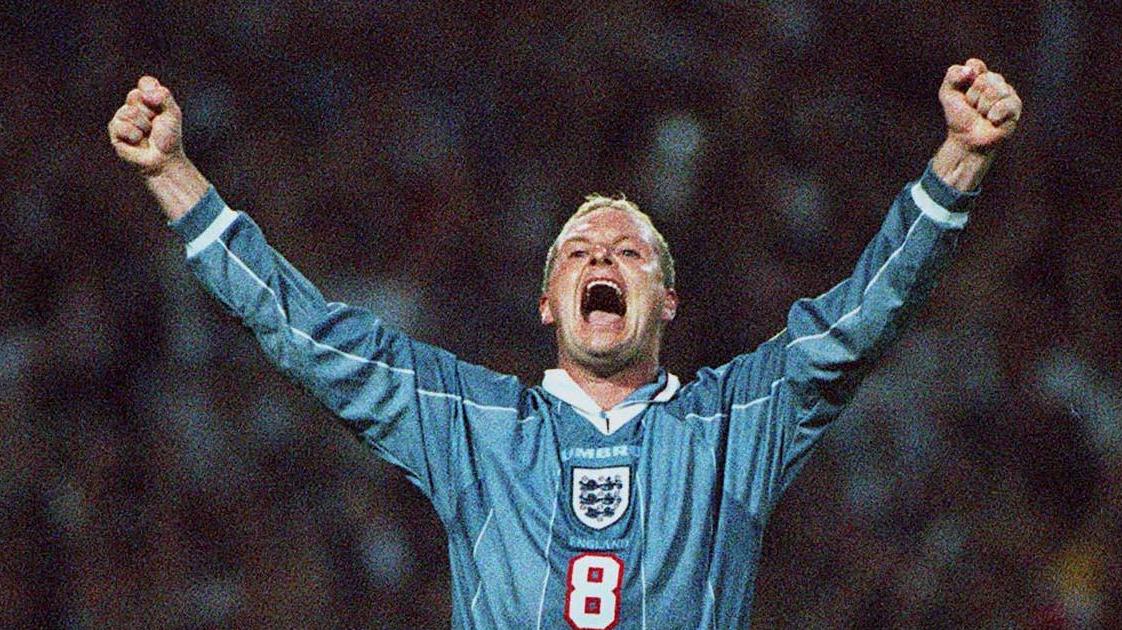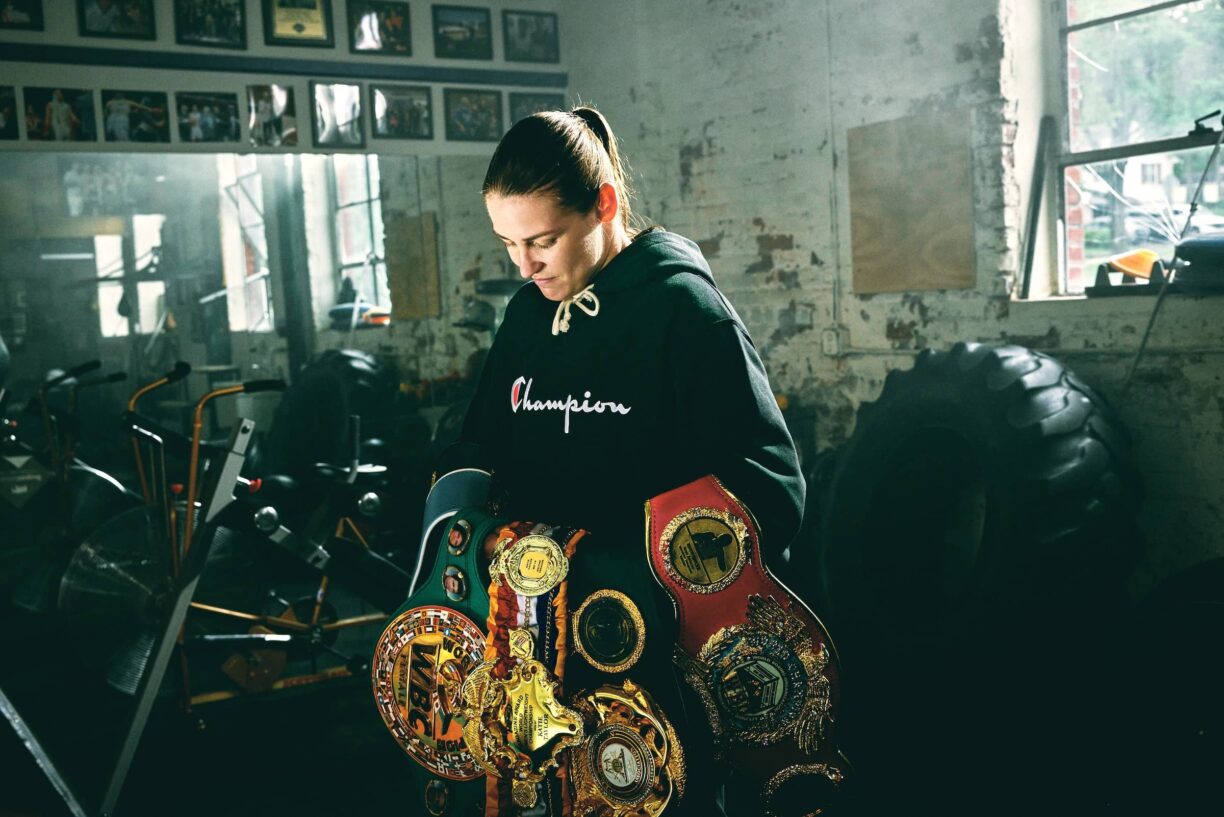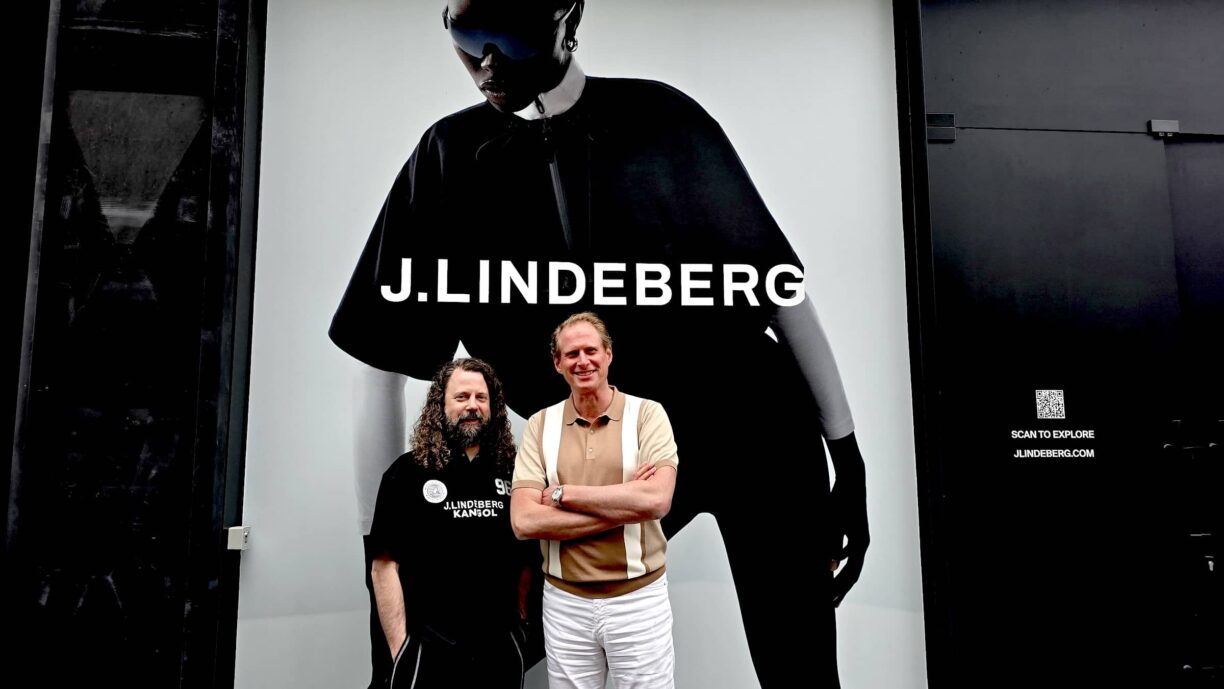Gazza is 20 years of modern British history, told via archive footage accompanied by contemporary narration, which also offers a startling new perspective on the profoundly amoral and illegal lengths some in the tabloid press went to in order to gain access to his private life, and manipulate it for their own gain.
Marrying seminal footballing action and cultural moments from the time, with never-before-seen archive and personal home videos, this powerful series provides a unique and personal insight into Paul’s life.
Paul Gascoigne says: “This is the real story of my time in football – the good and the bad of who I am – and what really happened around me.

So much of this has never been seen before. It feels good to be telling my side of the story and to be working with the Western Edge Pictures team and the BBC, who have delivered this in the best way possible to my fans.”
Simon Young, Commissioning Editor, says: “As we head into a World Cup year, there couldn’t be a timelier moment to look at this piece of our recent history.
Paul’s story is a cautionary tale about the pressure of life in the public eye, and we are privileged that he, his family and friends, and those who wrote stories about him at the time, have chosen to work with us on such a startlingly honest portrayal.”
Vaughan Sivell, the Executive Producer, says: “It’s been fantastic to work with the BBC in bringing this hugely impactful story of British media and sporting culture to the screen. Paul’s highs and lows have made him a footballing icon of our time.”
For many, Paul Gascoigne was the face of 90s Britain, captured on countless front and back page splashes; the most celebrated young footballer in the world and a newspaper editor’s dream, his on-field brilliance was matched only by his off-field antics. His story has been told many times before, but never like this.
As football soared in popularity, a cheeky and charming new hero of the people came along – a young, working-class footballer from Newcastle called Paul Gascoigne.
He relished the riches and limelight that fame provided, but he was deeply troubled by a painful past.
At the same time, the 90s saw a fundamental shift in the British tabloid media with their efforts to capture ever larger readerships for their newspapers.
This appetite created young editors and journalists whose own ambitions depended on delivering that audience, something they did by taking control of the world of celebrity.
A sporting and tabloid phenomenon, the character of ‘Gazza’ became a household name, frequently dominating both the front and back pages of newspapers.
In the battle for readers, journalists went to increasingly extreme lengths to get the latest scoop on one of England’s most controversial footballing stars.
His addictions and behaviour were too often out of control and he badly hurt those around him, but he also found himself exploited by those who did not always have his best interests at heart.
Gazza is a snapshot of a crucial moment in our cultural history when the levels of fame and money in football started their exponential rise, fuelling the growing modern obsession with our sporting stars.
It is also a very personal story about the intense pressures that come with this fame. Pressures which many young sports stars feel today.
The series includes contributions from Paul’s friends, family, his former agents and advisors, former teammates and coaches; and some of the tabloid journalists who wrote about him.





